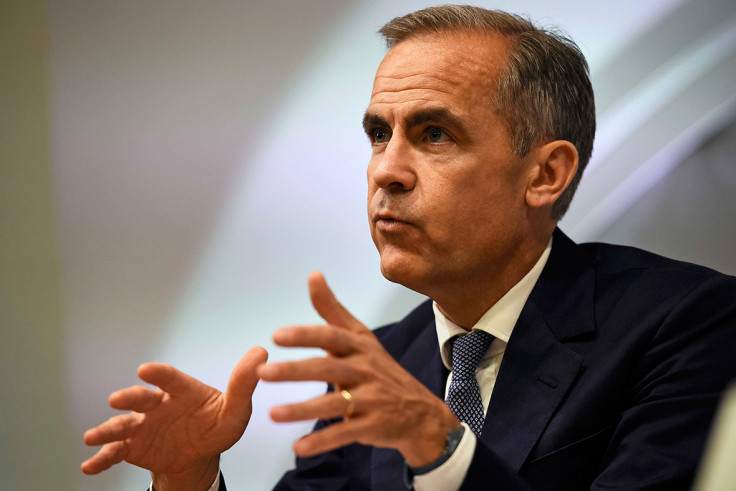Britain should scrap the 1p piece, says Bank of England governor
Mark Carney said the penny should go as its value is inconsequential due to inflation rises.
Britain should abolish the one penny coin, according to the governor of the Bank of England.
Speaking yesterday (16 September), Mark Carney said the 1p needs to go "at some point" because its value is becoming increasingly diminished by inflation.
This is the first time the governor has spoken so candidly on the matter, which in the past he called a "thought experiment".
However, the decision to abolish the 1p piece lies with the government and not the central bank of the UK.
Carney spoke out about the coin when questioned by a BBC reporter as to the use of such a low-value piece of currency.
He said: "I will say that in a number of other countries, because the penny isn't used very frequently they have done away with the penny, so in Canada, New Zealand and Australia, they've done away with the penny, or the equivalent.
"What they did in each of those cases is they gave people the opportunity to donate the existing pennies to charity as a transition, and it was very successful.
"But it's a decision for other people and they're still very much legal tender and can be used to buy things."
When asked what his opinion was on the matter, he admitted that he believed the piece should be scrapped "at some point".
He said: "I made the point that we keep inflation low, stable, predictable.
"But actually what that means, what parliament tells us to do, is to make sure it averages 2% a year. The cost of a chocolate bar should go up 2% a year and ideally wages should go up more than that so people are getting ahead.
"But the point was that over time that means the real value of the penny, and what the penny can buy, goes down, and so at some point it does make sense to get rid of it."
According to the Royal Mint, there were an estimated 11,278 million 1p coins in circulation, as of 31 March 2014, with an estimated total face value of £112.787m ($146.62m).
Brexit strain
Carney, also discussed the "strain" of the vote to leave the European Union, admitting the hours directly following the vote were his most challenging as governor for the Bank.
He said: "The referendum could have gone either way and it is absolutely our responsibility at the Bank of England to be prepared for these types of contingencies.
"We had everybody in the financial world focused on this event and we had to get it right. So I felt a tremendous responsibility to make sure that we had prepared properly and that we executed as well as possible.
"And that's a strain, it's interesting — I will be frank with you — it's interesting, it's exciting, it's important and I think we did absolutely get it right.
"But it's a tough day, it's like a big game, it's exciting but it's also tough."
Carney gave hope to those with the Brexit blues saying there were good reasons to be optimistic: "There are a number of countries, including my home country Canada, Australia and a number of the big emerging markets, who I am quite confident will want to have deeper trading relationships with the UK because of what the UK has to offer in business, in services, in manufacturing, in design, in culture and in financial services. So the opportunity is very large."
When questioned who was easier to work with between Theresa May and David Cameron, Carney replied: "They're both very professional, incredibly easy to work with, both focused on making the country better and that holds for the chancellors that I have worked with both here and in Canada.
"These individuals have a lot of pressure on them but they're trying to do the right thing and they're trying to do it in a way that, when they cut across what I do, in a way that's based on the facts and the best judgments."

© Copyright IBTimes 2024. All rights reserved.









